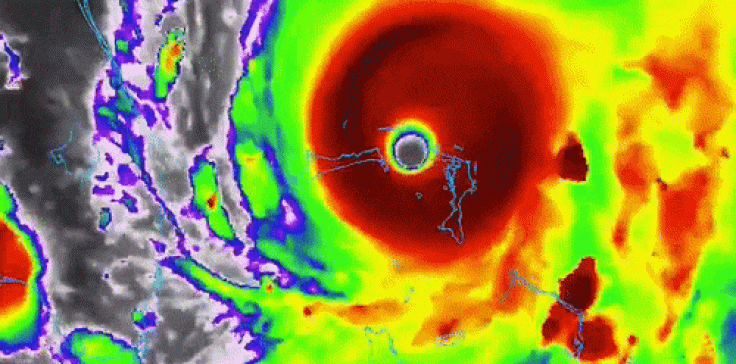There are few things more alarming than experiencing your first hurricane. There are the hours spent tracking weather systems and websites, and it’s impressive what can be conjured up by the imagination. The best time to prepare for a hurricane, though, isn’t in those final minutes before it hits. It’s in the ‘safe’ season, the months when stormy weather is extremely unlikely to arrive. On ST. Kitts and Nevis, that means between December and May you should have ample opportunity to get yourself ready for anything the weather wants to throw at you.
The most obvious starting point is, perhaps, the windows. Hurricane-proof glass is now available and if you’re particularly concerned it would be wise to consider having this fitted. Alternatively, however, some well-fitting shutters that secure tightly against your windows are a perfectly acceptable substitute. Use the quiet months to check the condition of your shutters and all the latches. Carry out any maintenance work or replace those that are looking flimsy or worn. Wooden shutters can be protected from the elements with the application of particular paints and varnishes, and it is a good idea to use these on a regular basis. As ever, careful maintenance is a lot more affordable than complete replacement once something is damaged beyond repair.
Roofs and gutters should be next on the list. A quick visual is usually enough to see if a roof needs repairs but if you’re unsure, send somebody up for a thorough look. Clear your gutters out regularly and check the attachments. A loose gutter will suddenly become a projectile in a hurricane.
And projectiles are what we’re trying to avoid if possible. It’s wise to plan your garden accordingly. Pot plants may look pretty but throw a strong wind into the mix and suddenly they’re smashed and just plain dangerous. Of course, you can move them inside before any storm is set to arrive, but do you really want to be rushing around moving pot plants in those final hours? The same goes for all garden furniture: the more you have lying around, the more you’ll need to move inside. Plan in advance where you’re going to store everything, so you don’t end up stuck in a house with sunbeds piled up about you.
If you have a generator – and even a small back-up generator is a very good idea – make sure it’s functioning as it should. Again, maintenance is key. Generators often lie unused for months at a time: be sure to run them every now and then to check they work. Make sure you have the stores of fuel required to power the generator, too. Electricity is usually switched off island-wide when a storm approaches to protect the network: your generator will provide a valuable lifeline. If you have a gate that relies on electricity for opening and closing, definitely make a plan.
The same goes for water: if you have a cistern, check that it’s filling properly when it rains, and check there are no leaks. Check the pumps are operational. If you’re on the mains, be sure to have a plan to fill baths with water for flushing toilets and make sure to have enough bottled water on hand for drinking. As with the electric, water can be off for days after major hurricanes.
Think about your vehicles. If there’s a garage, that’s perfect. If not, make a plan to keep them as protected as possible. Consider where you’ll park them and how you might cover the windshield. Make sure the fuel is topped up before a hurricane arrives and, if possible, have spare cans of fuel in store.
If you carry out these basic checks and make the plans, hurricanes will be considerably less alarming when they do arrive. And one other thing: if one does come, be sure to check on your neighbours and fellow islanders. Your home may be absolutely fine but somebody else could suffer a catastrophe. There are times when you keep bottled water ‘for emergencies’, and times when those emergencies arrive on somebody else’s doorstep. There is nothing like the power of a storm to remind everyone that we’re all in it together so be sure to be the person checking up on others. It’s a small place, people will remember, and then they’ll look out for you too.
Recent Blog Posts
Archives
- January 2026 (2)
- November 2025 (1)
- October 2025 (1)
- August 2025 (1)
- July 2025 (1)
- November 2024 (2)
- October 2024 (1)
- August 2024 (1)
- February 2024 (1)
- January 2024 (1)
- October 2023 (1)
- September 2023 (2)
- August 2023 (1)
- July 2023 (1)
- June 2023 (1)
- March 2023 (1)
- November 2022 (1)
- October 2022 (1)
- September 2022 (1)
- May 2022 (1)
- April 2022 (1)
- March 2022 (1)
- February 2022 (2)
- January 2022 (1)
- December 2021 (2)
- November 2021 (3)
- October 2021 (3)
- August 2021 (2)
- July 2021 (1)
- May 2021 (2)
